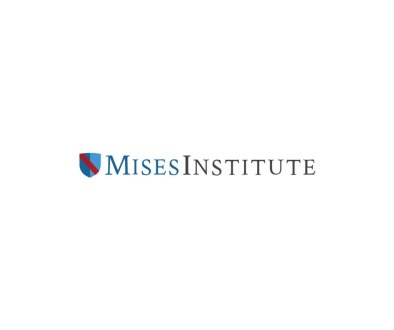Quinn Slobodian Bastardizes Hayek and Mises
Hayek’s Bastards: Race, Gold, IQ, and the Capitalism of the Far Right, by Quinn Slobodian, Zone Books, 272 pages, $29.95
Quinn Slobodian, a historian at Boston University, has convinced himself that Trumpism traces its intellectual origins to the Austrian economists Friedrich Hayek and Ludwig von Mises. He first postulated his Austrianism-to-Trumpism thesis in a pair of academic articles in 2019, which claimed that Hayek’s work contained a subtle streak of biological determinism that made them attractive to various eugenicists and IQ-obsessed cranks on the far right. He made even more direct claims about Mises, who allegedly left a “parenthetical opening to the possibility of race theory” that modern race theorists then “drove the proverbial truck through” until arriving at their present Trumpian destination.
Hayek’s Bastards is a book-length expansion of these arguments, characterizing today’s populist right as the product of a “new fusionism” between the “three hards”: genetically hardwired human nature (often predicated in racial determinism), the hard borders of immigration restrictionism, and hard money. While each of these elements certainly hovers around the far right today, Slobodian’s attempts to situate the first two in the works of Hayek and Mises suffers from a lack of clear evidence for the parentage.
Undeterred, Slobodian supplies the links by making them up.
When the 2019 articles first appeared, several readers—myself included—noticed that Slobodian made a habit of selectively editing quotations from Mises’s works to create the impression of that “parenthetical opening” to racial bigotry, when in fact Mises was arguing the opposite. This pattern continues in his new book.
In a characteristic example, Slobodian charges Mises with “repeatedly express[ing] cautious optimism for a potential science of race” even though the economist actually condemned the eugenic theories of the time. To support this claim, he quotes a passage from Mises’ 1944 book Omnipotent Government, implying that it encompasses the economist’s own views: “There are few white men who would not shudder at the picture of many millions of black or yellow people living in their own countries.” Slobodian omits Mises’s next sentence, which would make it clear that he was describing the racial prejudices of others: Mises lamented that the “elaboration of a system making for harmonious coexistence and peaceful economic and political coöperation among the various races is a task to be accomplished by coming generations.”
Slobodian accuses Mises of “grant[ing] even more ground to race science” in his 1940 book Nationalökonomie. He then presents a string of quotations that leave the reader with the impression that Mises hoped to rehabilitate the study of racial heredity after its discrediting at the hands of the Nazi regime. The original text reveals a different picture.
In the omitted portions of the passage, Mises condemns those failed attempts to link human capacity for understanding (or Verstehen in German) with ethnic and racial heredity. In place of Mises’s actual context, Slobodian splices in a separate and later quote about Nazi race theory, thereby altering the passage’s meaning to better fit his own thesis:
| Slobodian, Hayek’s Bastards | Mises, Nationalökonomie |
| [Mises] wrote that “we may take as given that the racial element plays a role among the factors that form the personality and, with i |
Article from Reason.com

The Reason Magazine website is a go-to destination for libertarians seeking cogent analysis, investigative reporting, and thought-provoking commentary. Championing the principles of individual freedom, limited government, and free markets, the site offers a diverse range of articles, videos, and podcasts that challenge conventional wisdom and advocate for libertarian solutions. Whether you’re interested in politics, culture, or technology, Reason provides a unique lens that prioritizes liberty and rational discourse. It’s an essential resource for those who value critical thinking and nuanced debate in the pursuit of a freer society.



